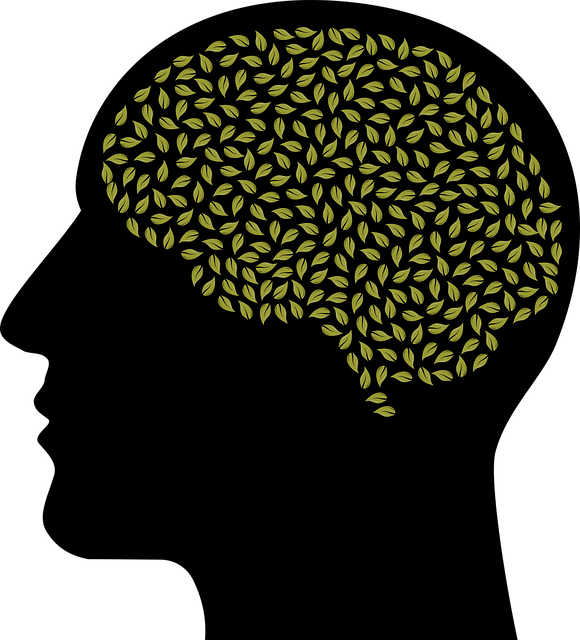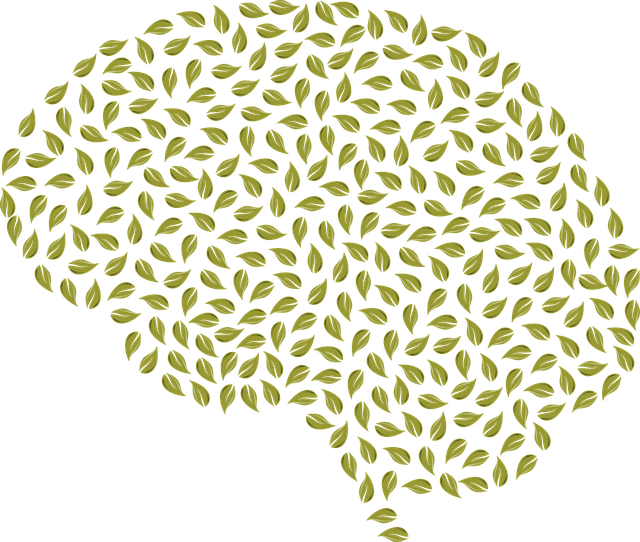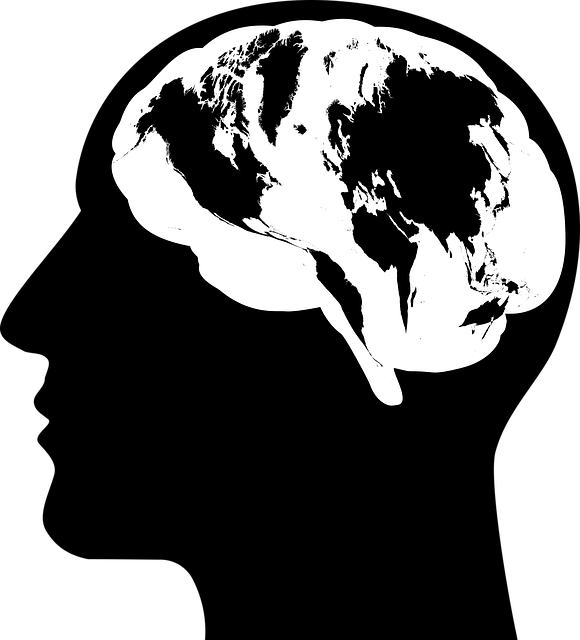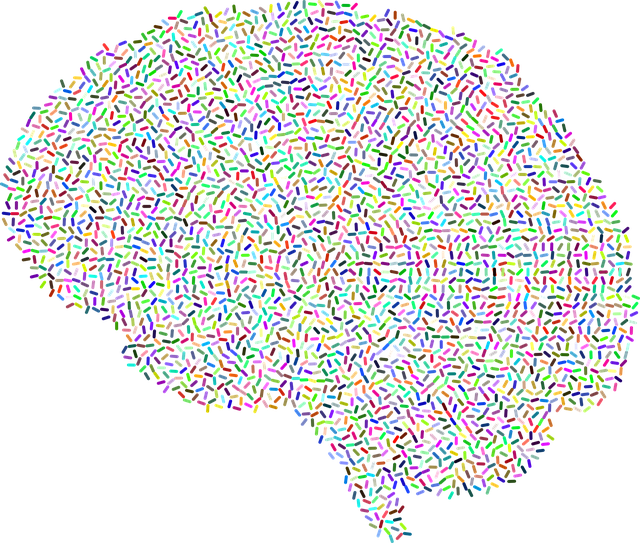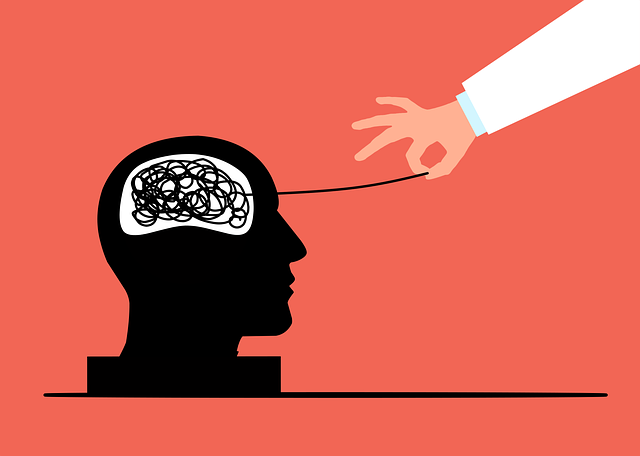Dissociative disorder in young children requires specialized care, with therapy as a cornerstone. Tailored approaches like CBT and play therapy help manage symptoms and improve emotional regulation. Evaluating mental wellness programs involves both quantitative and qualitative methods to assess self-esteem, emotional regulation, and resilience. Standardized assessment tools and risk management planning for therapists are crucial. Parent involvement through educational sessions and crisis intervention techniques enhances program effectiveness, fostering a supportive home environment that promotes long-term mental wellness for children with dissociative disorder.
Mental wellness programs designed for young children with dissociative disorder require meticulous evaluation to ensure effectiveness. This comprehensive guide explores critical assessment methods, delving into symptoms, diagnosis, and therapeutic approaches tailored to this complex condition. We dissect the role of therapy in managing dissociative disorder in children, emphasizing the importance of standardized assessment tools for measuring progress. Additionally, we highlight the significance of parent and caregiver involvement in enhancing treatment outcomes, offering insights that can revolutionize support strategies.
- Understanding Dissociative Disorder in Young Children: Symptoms and Diagnosis
- The Role of Therapy in Treating Dissociative Disorder
- Evaluating the Effectiveness of Mental Wellness Programs for Children
- Standardized Assessment Tools for Measuring Progress in Child Therapy
- Parent and Caregiver Involvement: Enhancing the Success of Treatment Programs
Understanding Dissociative Disorder in Young Children: Symptoms and Diagnosis

Dissociative Disorder in young children is a complex mental health challenge that often requires specialized care and understanding. This condition manifests as a disconnection from reality, leading to symptoms such as depersonalization (feeling detached from oneself), derealization (perceiving the world around as unreal or strange), and altered states of consciousness. Children may exhibit these signs in response to severe trauma, particularly during early development when their brains are still forming.
Diagnosis involves a comprehensive evaluation by qualified mental health professionals who employ various assessment tools. This process considers the child’s behavior, emotional responses, and narratives, often supplemented with interviews and observations. Early intervention is crucial, offering hope for positive outcomes through tailored therapy for young children affected by dissociative disorder. Such treatment may include trauma-focused approaches, cognitive behavioral therapy, and techniques aimed at fostering resilience and healthy coping mechanisms. Additionally, encouraging mental wellness journaling exercises and engaging in activities that promote positive thinking can be beneficial components of holistic care within Trauma Support Services.
The Role of Therapy in Treating Dissociative Disorder

Therapy plays a pivotal role in the treatment of Dissociative Disorder, particularly when targeted at young children. This complex mental health condition, characterized by disruptions in memory, identity, and consciousness, often arises from severe trauma or stress. Early intervention through specialized therapy is crucial for fostering emotional regulation skills and facilitating healthy coping mechanisms in young patients.
For Therapy for Young Children Dissociative Disorder, a multi-faceted approach is typically employed. Cognitive Behavioral Therapy (CBT) helps children identify and reframe negative thought patterns while teaching them strategies to manage stress and improve emotional regulation. Play therapy, on the other hand, provides a safe space for kids to express their experiences and emotions non-verbally, enhancing their Mental Health Awareness and helping them make sense of traumatic events. By combining these therapeutic methods, mental health professionals can effectively address the multifaceted nature of Dissociative Disorder, enabling children to rebuild a stable sense of self and lead fulfilling lives.
Evaluating the Effectiveness of Mental Wellness Programs for Children

Evaluating the effectiveness of mental wellness programs for children is a multifaceted process that goes beyond simply measuring participation rates. For programs targeting conditions like dissociative disorder, where therapy for young children plays a pivotal role in their development, a comprehensive approach is essential. This includes assessing improvements in self-esteem and emotional regulation alongside gains in resilience building. By employing various evaluation methods, such as pre-post assessments, interviews, and observation, professionals can gain insights into the program’s impact on children’s mental health.
Standardized measures tailored to assess symptoms related to dissociative disorders, along with qualitative data from parents and caregivers, provide a holistic view of progress. These evaluations help identify areas where the program excels and aspects that may need refining. Ultimately, continuous evaluation ensures that therapy for young children with dissociative disorder is not just effective but optimized to foster self-esteem improvement, emotional regulation, and resilience building – key components in promoting their overall well-being.
Standardized Assessment Tools for Measuring Progress in Child Therapy

Standardized Assessment Tools play a pivotal role in evaluating the progress of child therapy, particularly when addressing complex conditions like dissociative disorders. These tools offer a structured and objective means to measure changes in a child’s mental state over time. For instance, specialized questionnaires and rating scales designed for young clients with Dissociative Disorder can assess symptoms, such as identity confusion, amnesia, and depersonalization, providing valuable insights into their therapeutic progress. By employing these standardized methods, therapists gain reliable data that aids in refining treatment strategies and adapting interventions to meet the unique needs of each child.
Moreover, integrating risk management planning for mental health professionals is essential when utilizing such assessment tools. Understanding the potential risks and stresses associated with therapy for young children with dissociative disorders allows for proactive stress management techniques. Public awareness campaigns development can also be leveraged to educate parents and caregivers about these disorders, fostering a supportive environment that complements the therapeutic process and encourages open communication.
Parent and Caregiver Involvement: Enhancing the Success of Treatment Programs

Incorporating parent and caregiver involvement is a key strategy to enhance the effectiveness of mental wellness programs, particularly for young children diagnosed with dissociative disorder. Therapy sessions that include parents or caregivers not only strengthen the child’s understanding of their condition but also empower them with the skills to manage symptoms effectively. By providing clear guidelines and crisis intervention techniques, parents become active participants in their child’s healing process, fostering a supportive environment at home that reinforces positive behaviors learned during therapy.
Self-care routine development is another crucial aspect where parent involvement can significantly contribute to better mental health outcomes. Encouraging self-awareness exercises and teaching coping mechanisms allows parents to guide their children through moments of distress. Regular practice of these techniques creates a sense of security and fosters resilience, ensuring that the child feels equipped to navigate challenges independently as they grow. This collaborative approach not only enhances the success of treatment programs but also paves the way for long-term mental wellness.
The evaluation of mental wellness programs, particularly those focusing on therapy for young children with dissociative disorder, is a multifaceted process. By employing standardized assessment tools and actively involving parents and caregivers, treatment outcomes can be optimized. Recognizing the unique symptoms and nuances of this condition is essential to tailoring effective interventions. Through comprehensive evaluations, we can ensure that therapy for young children with dissociative disorder is both successful and tailored to meet each child’s individual needs.
